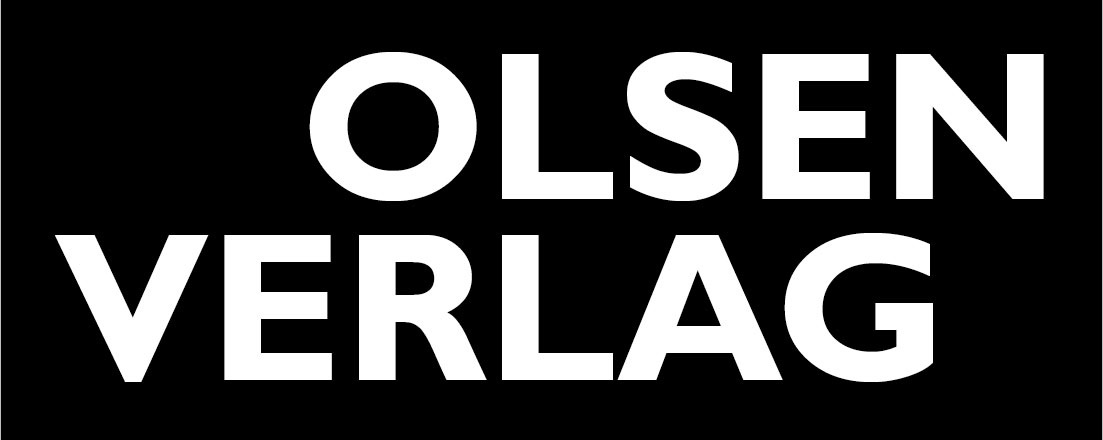I graduated from my undergraduate music course in 2018, from the University of Cambridge. Since then I have not hit the big time and I’ve not ‘made it’ in the traditional sense, but I am enjoying 90% of the work I do, so I feel like I’ve achieved something. This isn’t meant to sound like a plea for reassurance, but rather an attempt to reassure. If you’re facing graduation with no big internship, no sparkling offer from music college, no trajectory upon which to embark, it’s okay. Not knowing what to do with your degree is in many ways terrifying, and leaving university can feel like the barnacle goslings jumping down a 400m cliff-face in Planet Earth II.
This said, as someone who (is doing a Master’s degree and) still has no idea what they’re doing, there’s plenty of rewarding work to be done, and fun to be had.
Embracing the terror of the unknown
Before realising I hated biology and practising the piano, I wanted to be a neurosurgeon by day and concert pianist by night. I nearly ended up applying to study astrophysics at university, but quickly realised this would require understanding of the subject, and so read music, which I loved. During my degree I wanted to be a professional violist or an intimidatingly attractive professor who struck the fear of God into my peers. However, I eventually gathered enough evidence to suggest that the professorial route was probably not for me, and in a panic got a job as a graduate assistant in a boarding school in Oxfordshire. Over the course of that year it became clear that this also wasn’t something I wanted to be doing either so I’m now back in education, alongside the countless others who have seen the cultural landscape completely obliterated by Covid-19. It’s certainly an interesting time to be a graduate.
I’m still studying now and am very lucky that I’ve received external financial support and been able to fund myself during my studies to make this possible, but I know that I will probably never be able to compose full time, and certainly won’t in the years immediately following graduation. At the moment I think I want to be a person who sings and composes professionally in equal measure, but also does other stuff… maybe?
In short, music graduates don’t have an easy time. Graduates have often found themselves working outside the music business to make ends meet, even before the pandemic. For many, concerns about employability will put them off applying to read music in the first place.
A career in music is never going to be a picnic, but allowing yourself to try (and sometimes fail) is often well worth the existential dread. The classical music industry is so concerned about youth and being the youngest to do x or y that it’s hard to give yourself enough space to develop as a human and as an artist. This is especially difficult when social media makes it look as if you’re the only one not working the high-flying gigs, maintaining a healthy perspective on what success or progress looks like is hard.
So what now?
As young musicians, we need to distance ourselves from the ultra-competitiveness and impatience of our industry. If we can find some joy and develop as musicians by discussing our failures with one another, it might make all our lives easier. Floating around not really knowing whether you should be doing the thing you’re doing is tough mentally, and constantly being told that we should know by now what to do with our lives doesn’t help—if we can establish our own support networks by realising that uncertainty is normal, we might find navigating this time a bit less trying. Without getting too existential, the only person who really, really cares what you’re doing is you (and maybe your parents).
Trust that, after three years of discounted alcohol, reading, crying a bit, reading, writing, crying again, and sitting final exams, we music graduates are actually trained to do things. It’s unrealistic to expect to go into your dream job, or even a job directly related to what you want to do, straight after university and we need to be kind to ourselves, and patient, to allow for the trial and error of finding our way through life. Think back to the barnacle goslings—every day that 400m drop from comfort gets a little more familiar, and hopefully a little less bruising.

